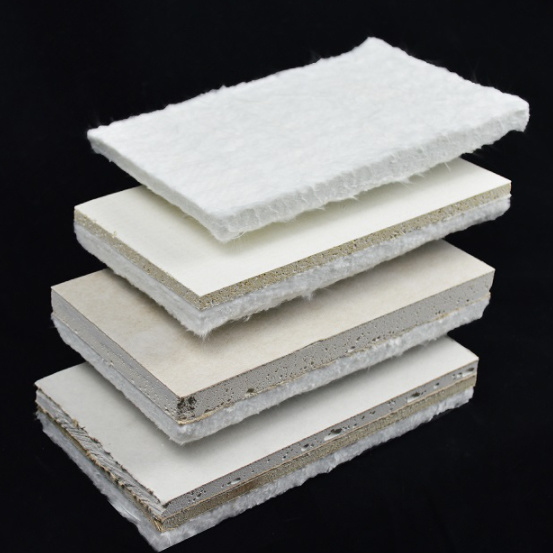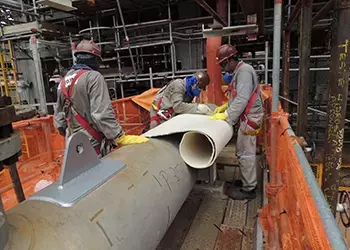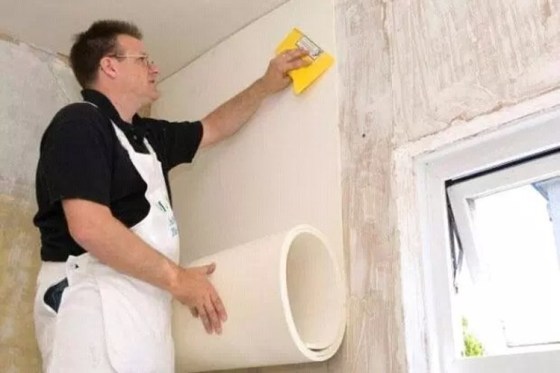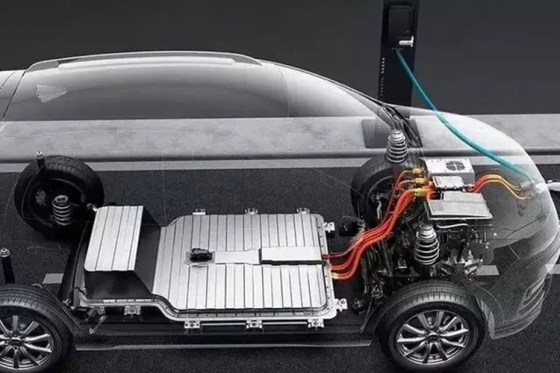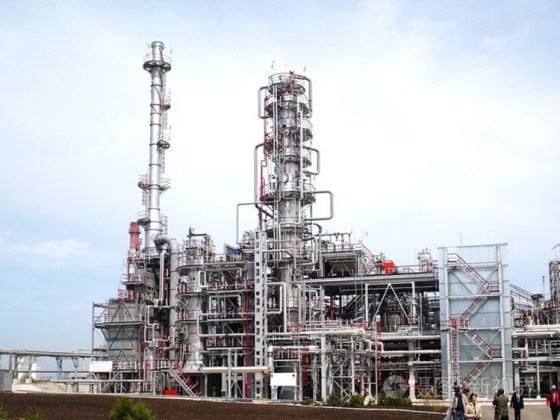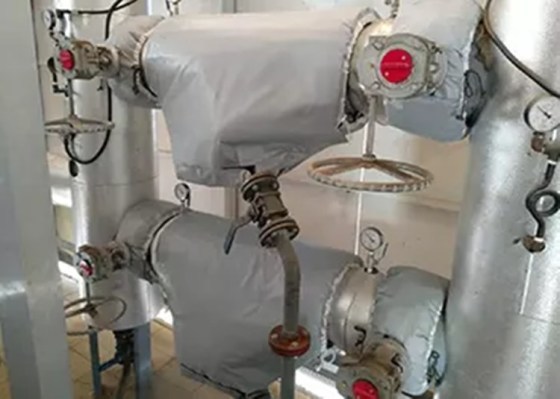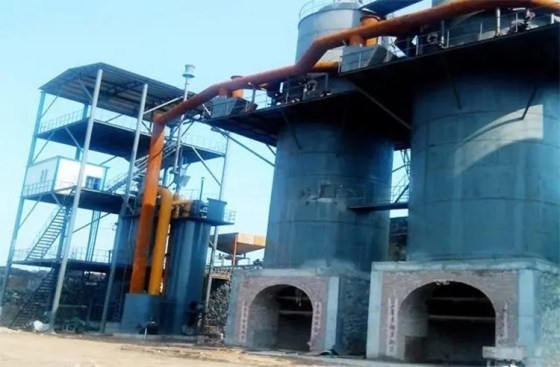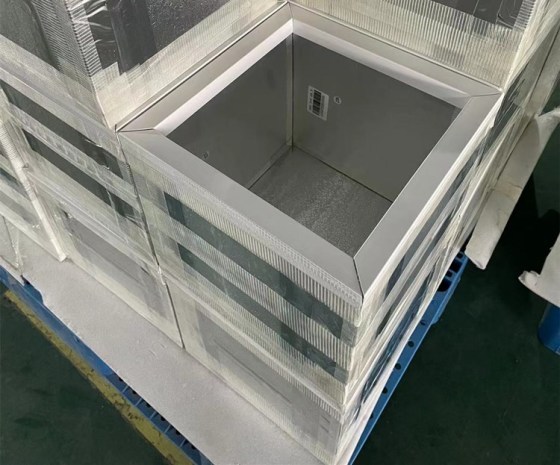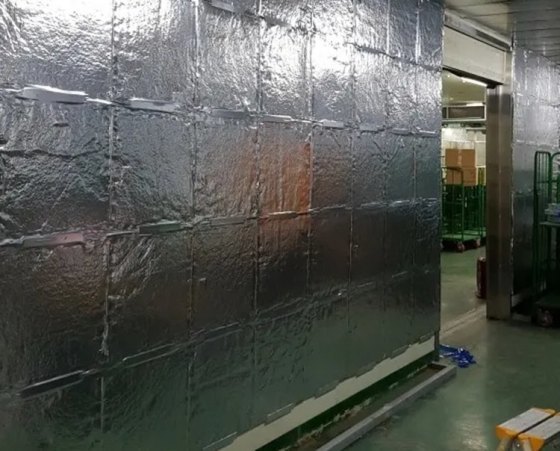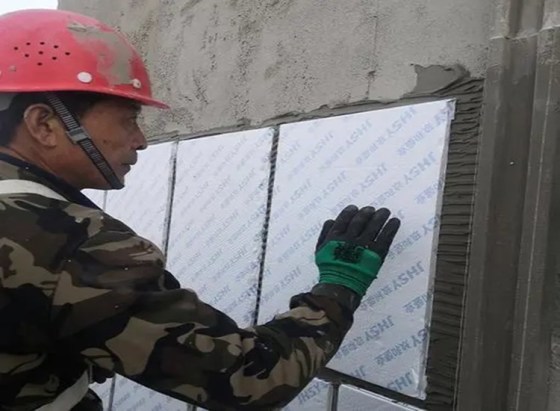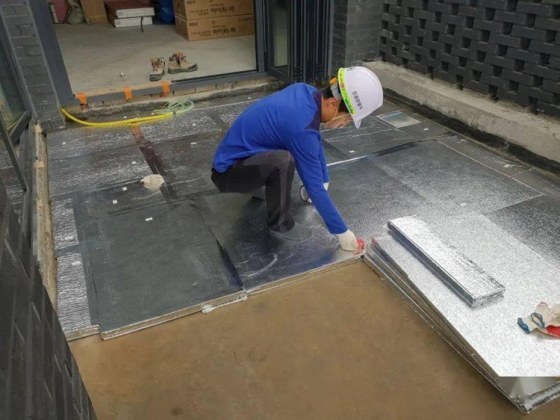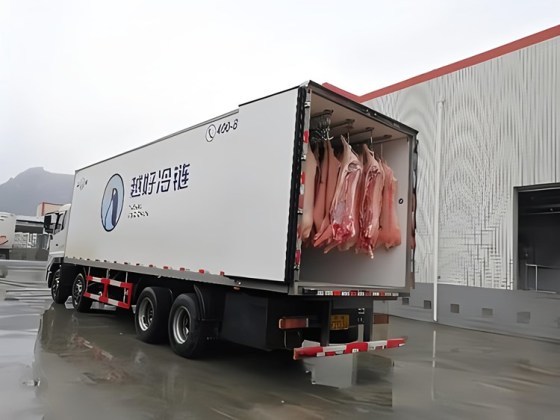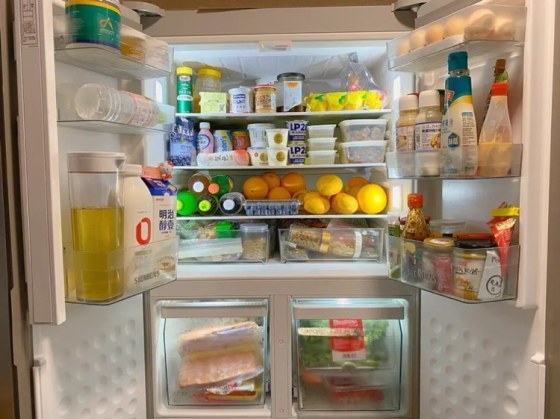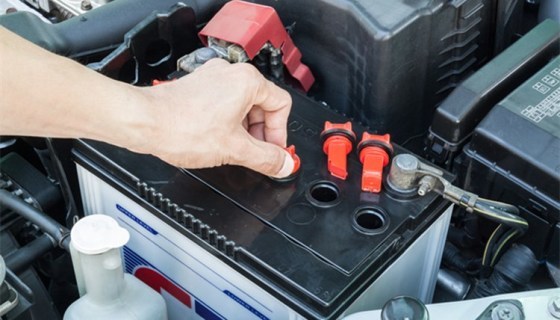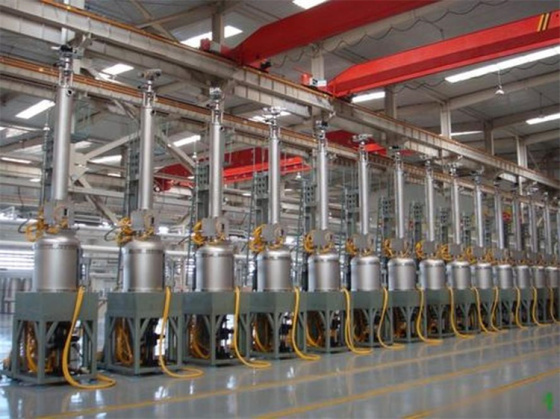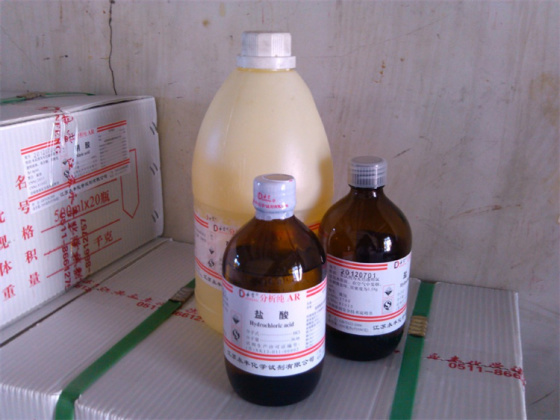Aerogel Project
- Aerogel Insulation for Chemical Pipe Line
- Aerogel Insulation for Power Plant
- Aerogel Blanket for Interior Wall Insulation
- Aerogel Application in Battery Insulation
- Aerogel Insulation for Oil Exploration
- Aerogel Application In The Valve Box And Other Loose Fillers Insulation
- Aerogel Application In The Ship Insulation
- Aerogel Insulation In Industrial Furnaces
- VIP Panel Application In Insulation Box
- VIP Panel Application in Cold Storage Insulation
- VIP Panel Application in Exterior Wall Insulation
- VIP Panel Application in Floor Insulation
- VIP Panel Application In Transportation And Cold Chain
- VIP Panel Application in Home Appliances
- Graphite Felt Application In Battery Industry
- Graphite Felt Application In Monocrystalline Silicon Smelting Furnace
- Graphite Felt Application In Filtration Of High Purity Corrosive Chemicals
- Graphite Felt Application In Automotive Engines
Aerogel Insulation for Chemical Pipe Line
Utilizing aerogel insulation for chemical pipelines presents a strategic choice. Aerogels offer unparalleled thermal insulation, minimal weight imposition, chemical resilience, and adaptable application possibilities. Their capacity to sustain desired temperatures, conserve energy, and endure harsh chemical conditions makes them a promising option. However, assessing cost implications, specialized application requisites, and environmental considerations remains pivotal before implementation
Aerogel Insulation for Power Plant
Aerogel Blanket for Interior Wall Insulation
Aerogel Application in Battery Insulation
Aerogels find valuable applications in battery insulation, leveraging their exceptional thermal insulating properties to regulate and stabilize temperatures within battery components. These lightweight materials contribute to energy efficiency by minimizing weight and ensuring efficient thermal management, crucial for preventing overheating and extending battery life. With their flexibility and conformability, aerogels can adapt to diverse battery shapes, providing space-efficient insulation that enhances safety by reducing the risk of thermal runaway. The unique combination of lightweight design, effective thermal insulation, and adaptability positions aerogels as promising materials for improving the overall performance and safety of batteries in various applications, including consumer electronics and electric vehicles.
Aerogel Insulation for Oil Exploration
Aerogel Application In The Valve Box And Other Loose Fillers Insulation
Aerogel Application In The Ship Insulation
Aerogel Insulation In Industrial Furnaces
VIP Panel Application In Insulation Box
VIP Panel Application in Cold Storage Insulation
VIP Panel Application in Exterior Wall Insulation
Vacuum insulation panels (VIPs) serve as highly effective solutions for building insulation, enhancing energy efficiency and reducing heat transfer. Applied in walls, roofs, and floors, VIPs provide superior thermal resistance, allowing for thinner insulation layers compared to traditional materials. This thin profile is advantageous in maintaining or increasing interior space without compromising thermal performance. VIPs are particularly valuable in situations where space constraints or design considerations make it challenging to incorporate thicker insulation materials. By minimizing heat loss or gain through building envelopes, VIPs contribute to improved energy conservation, reduced heating and cooling costs, and enhanced overall comfort in residential, commercial, and industrial structures. The adaptability and versatility of VIPs make them a valuable component in sustainable building design, aligning with efforts to create energy-efficient and environmentally friendly structures.
VIP Panel Application in Floor Insulation
VIP Panel Application In Transportation And Cold Chain
VIP Panel Application in Home Appliances
Graphite Felt Application In Battery Industry
Graphite Felt Application In Monocrystalline Silicon Smelting Furnace
Graphite Felt Application In Filtration Of High Purity Corrosive Chemicals
Graphite Felt Application In Automotive Engines
Get A Quote

